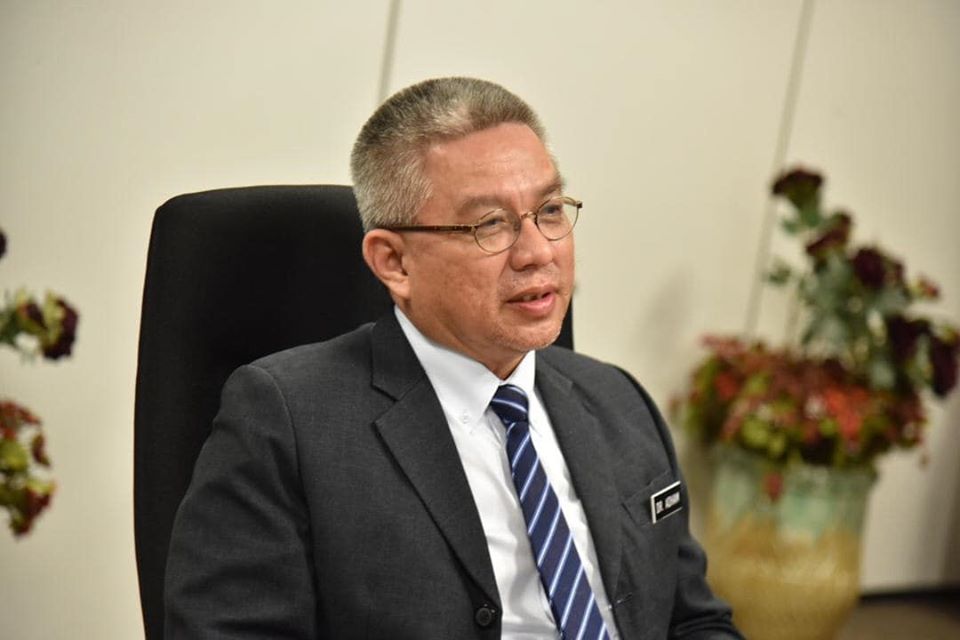KUALA LUMPUR, August 7 — The government plans to extend the compulsory licence for Hepatitis C medicine, sofosbuvir, after it expires in October this year.
Health Minister Dr Adham Baba also told Parliament yesterday that Malaysia’s use of compulsory licencing to obtain generics without the drug maker’s consent was currently only targeted at the Hepatitis C cure by Gilead Sciences, the same American pharmaceutical company that produced remdesivir, the only authorised treatment in the United States for Covid-19.
Klang MP Charles Santiago had asked the health minister if the government was considering compulsory licensing to obtain generics of remdesivir or other drugs used in the treatment of the coronavirus.
“Is the government planning to use compulsory licensing for other drugs as I am afraid most people, especially the poor will not be able to obtain medications at a cheaper price?” Charles asked Dr Adham in the Dewan Rakyat yesterday.
However, Dr Adham clarified that remdesivir, an antiviral drug, is not in the Malaysian treatment protocol for Covid-19, and that the government-use licence has only been used to get sofosbuvir generics.
“We are trying to extend the licence of the Hepatitis C drug as it is expiring in October this year,” Dr Adham said.
Dr Adham also said the Ministry of Health (MOH) is considering obtaining compulsory licensing for other drugs, but it has to be brought to the Cabinet first.
He agreed with Charles, stating that the government should use compulsory licensing especially for expensive medications, as he claimed remdesivir is priced at RM51,000 per Covid-19 patient.
Gilead announced last June that it would charge governments of developed countries US$390 (RM1,656) per vial of remdesivir, totalling US$2,340 (RM9,938) per patient. Most Covid-19 patients are expected to require six vials for their care.
Gilead has excluded Malaysia from receiving remdesivir in recent deals signed with five generic companies in India and Pakistan to manufacture and distribute the experimental antiviral drug to 127 nations, mostly low-income and lower-middle income countries.
Under these non-exclusive voluntary licencing agreements, the five generic companies can set their own prices without paying royalties to Gilead until the World Health Organization (WHO) declares an end to the novel coronavirus public health emergency, or until another medicine or vaccine is approved to treat or prevent Covid-19.








